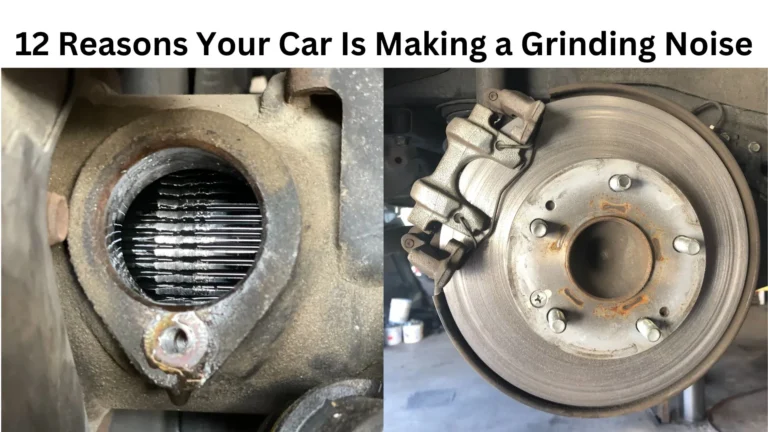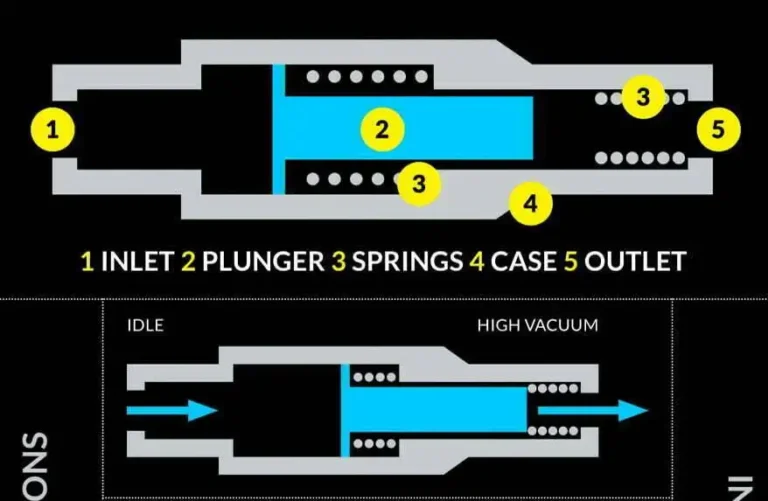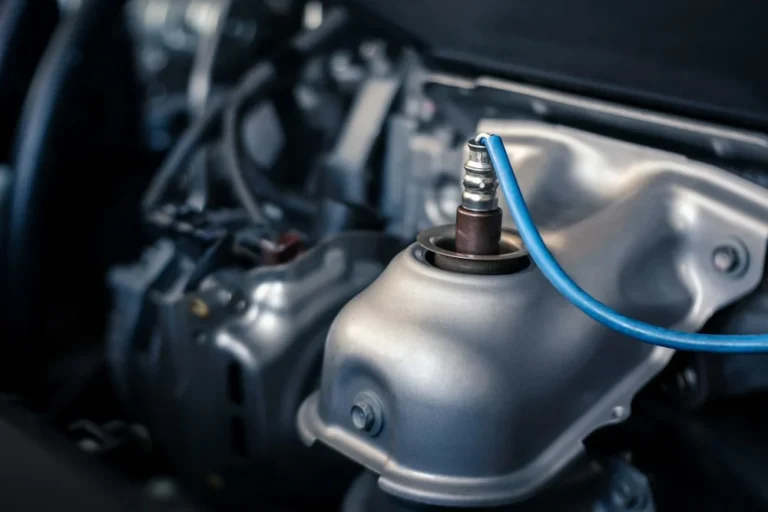When your car has a problem that happens at some times and not at others, it can be very frustrating to fix. These problems are known as intermittent car problems, and they are the most challenging for mechanics to diagnose and repair.
Intermittent car problems are issues that appear to happen randomly and are not easily repeatable. They often will not present themselves when you take your car to your mechanic. They may not even happen during a thorough test drive. This makes these problems extremely difficult to diagnose, even when an experienced mechanic with state-of-the-art tools goes to work.
Why are some problems so tricky?
Computers control their engines, transmissions, suspensions, climate controls, and infotainment systems. Miles of wiring connect all of these systems. Your mechanic ultimately needs to know whether the problem you are experiencing is an electrical/electronic problem, a mechanical problem, or a combination of the two.
Then there are all of the latest advanced driver assistance systems that newer cars offer. These use sophisticated computer-controlled sensors that can “see” the driving environment around you. These systems can automatically apply the brakes, accelerate and steer your vehicle. A glitch in one of them can have far-reaching consequences, and can be very difficult to track down.
Intermittent car problems can require a lot of time to diagnose. It may even take several visits to the repair shop to completely resolve the issue. Both you and your mechanic can become very frustrated.
How are these problems fixed?
When faced with intermittent car problems, your mechanic needs to act like a detective. By using the available evidence, a cause of the problem can often be identified. But because the problem may not present itself consistently, your mechanic must also use other means to solve the problem. These methods can include:
- Checking the TSBs for your vehicle: TSBs, or Technical Service Bulletins, are put out by vehicle manufacturers to alert the auto service community to specific problems that can crop up on their vehicles. Your mechanic can check the TSBs for your car, to find out whether any similar types of intermittent car problems have occurred to other vehicles that are like it. If the specific issue is the subject of a TSB, there should also be a tested and proven fix provided. Problem solved!
- Hook up a scan tool and look for trouble codes: If your check engine light is not illuminated due to a malfunction, there could be trouble codes, historical data, or abnormal readings in the engine or powertrain computers. These clues can point your mechanic in the right direction.
- Check the battery and charging system: Electrical problems with your battery, alternator and related components can have a harmful effect on your car’s electronics. Insufficient or excessive voltage could be the cause of your occasional car problems. The ground wire should also be checked to verify that it is securely connected.
- Check the cooling system: Problems with your car’s thermostat, electric cooling fan, radiator or coolant level may cause your car to run too hot, creating the opportunity for intermittent car problems in other parts of your engine or vehicle.
- Check the related wiring and connectors: A loose or corroded wire or connector, one that alternately makes and breaks contact as the vehicle moves, can be the cause of some seemingly random car problems. Relays and switches in the affected system should also be checked for proper operation.
- Check any aftermarket accessories that have been installed: Aftermarket accessories are features that are added to the car after it leaves the factory. These include upgraded audio systems, alarm systems, supplemental lighting, and remote starters. Aftermarket items are notorious for shoddy installation quality, and the electrical glitches they bring could be causing your problems.
- Check the web: Several organizations provide online forums where experts can weigh in on different problems. Many difficult issues have been already seen and diagnosed by these mechanics. Why reinvent the wheel?
How to help narrow down the cause
If you can zero in on the specific circumstances when the intermittent problems happen, your mechanic may be able to reproduce them in the repair shop. Do the issues happen when:
- The weather is wet?
- The weather is cold?
- The weather is hot?
- The weather is humid?
- The engine is cold?
- The engine is hot?
- The engine is running at a certain RPM?
- The car is braking?
- The car is accelerating?
- The car is cruising at a certain speed?
- The car is hitting a bump?
- The car is on a rough road?
- The car is in stop-and-go traffic?
- The lights are on?
- The air conditioning is on?
- The heat is on?
- The stereo is on?
- The cruise control is on?
The more information that you can provide to your mechanic about your intermittent car problems, the easier it will be for your mechanic to diagnose and fix these issues.
Have patience and trust your mechanic
Intermittent car problems can take some time to resolve. If you have faith in your mechanic and believe that he or she can diagnose and fix your problem, ask about the best way to proceed. Give your mechanic every bit of information and “evidence” that you can remember about the nature of your intermittent car problems, and precisely when they occur. This will be of great value.
Your mechanic may ask you to leave your car at the repair shop for a few days, to see if the problem can be made to appear. Ask for an estimate of the cost of this repair, so that you know what you’re getting into.




